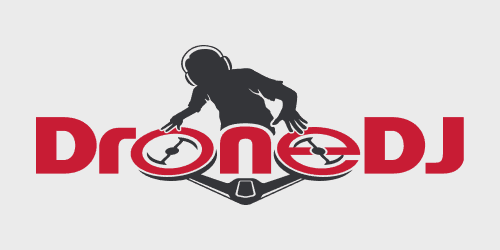
The practice of flying drones to live-stream UK horse races – and thereby giving viewers betting on the outcomes an advantage – has come to a head again, with pilots battling parimutuel, track, and legal officials seeking to shut the profitable activity down.
The deployment of drones to live-stream horse races around the UK has become a recurrent flashpoint over the last few years, as participants involved have become more numerous, audacious, and at times aggressive. There seem to be two general approaches to what apparently is a relatively lucrative activity. Pilots may feed live video directly to gambling clients who use online apps to place bets as the final results of ongoing races becomes clear. Or, drone operators may take advantage of the real-time footage themselves to lay wagers with far higher odds of paying out.
In both scenarios, the objective is the same: obtain an advantage over people at the track betting before races begin, or doing so following parimutuel broadcasts that come to screens with latency delays. Any edge is worth seizing in the UK horse betting sector worth $12.3 billion per year – a large slice of the nation’s total gambling industry of $42 billion.
UK horse racing organizers accuse drones live-streaming events of violating broadcast rights, while racetracks denouncing pilots for unauthorized penetration of their airspace. Local officials around the country have complained about what have become sizable groups of race day fliers breaking laws prohibiting over-flight of people. Police have occasionally been sent in to scatter scrums of controller-clutching people who’ve taken over entire swaths of public parks – or even roadways – as they stake out spots providing visual contact with their streaming UAVs.
Hoping to strike a lower profile, some pilots in places like Leicester have reportedly used craft to scan private homes adjoining race tracks, then contact owners with offers to rent their backyards to conduct flights without the risk of hassles from officials. Residents say drone owners making the pitch can at times get quite aggressive when being turned down, and obviously violated homeowners’ privacy by using UAV to case backyards in the first place.
Just how defiant have many UK drone operators live-streaming horse races become? An excellent story by Wired UK on the activity follows North Irish pilot and self-described professional bettor Michael McCool as he, two associates, and a DJI Matric 200 drive from track to track in an effort to capture real-time video advantages they can profit from.
“It’s all about what edge you can get,” McCool told Wired. “You can’t class yourself as a professional gambler if you’ve not got an edge. If you haven’t got an edge, you’re just a gambler; somebody betting on bingo and Peruvian netball.”
The portrait includes a scene of McCool being stopped by cops at an Essex race track. They confiscate his Mavic 200 and file charges, which are later not just dropped and cited as unfounded by a judge who orders the cops to reimburse McCool for legal fees.
The pilot never doubts himself, his activity, or his vulnerability to frequent cop rousts. He took the precaution of participating in professional drone courses, obtaining certificates to fly, and is careful not to break regulations applying to UAVs. Which apparently is the focus of others involved in the activity.
Use of the drones to live-stream horse races falls in a gray area of UK laws, as it turns out. It isn’t deemed illegal as such, and therefore must violate other restrictions like human overflight or beyond visual line of sight operation for authorities to bust participants. Likewise, even racing authorities seem at a loss to do much beyond complain about the unfairness and alleged-but-clearly-not illicit nature of the activity.
Way back in 2016, meanwhile, the nation’s Gambling Commission examined the broader practice of betting on sports events as they unfold to gain a winning advantage, and ruled they broke no rules so long as they weren’t conducted in secret to keep other bettors unaware. “We do not consider it necessary to intervene to prevent some players using technology to gain an advantage,” it said.
Until someone does, drone on, Mr. McCool.
FTC: We use income earning auto affiliate links. More.


Comments